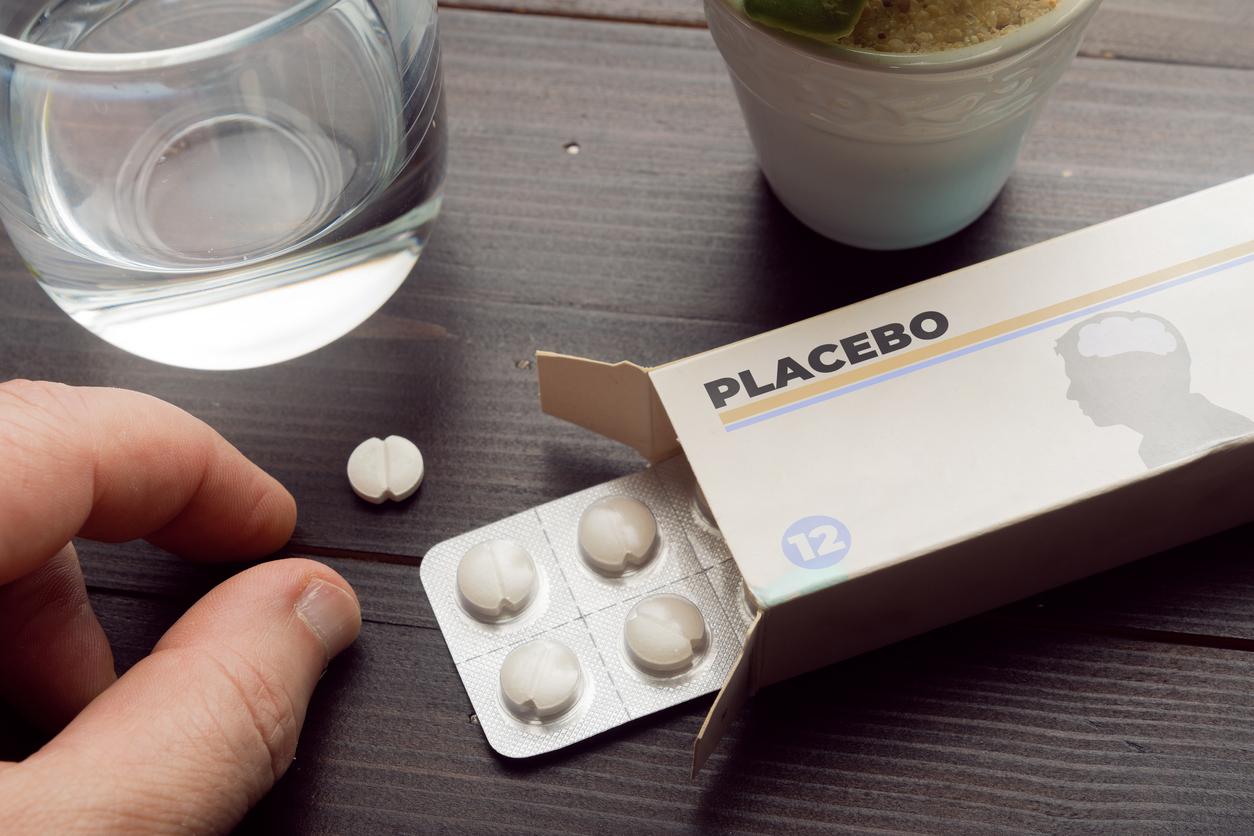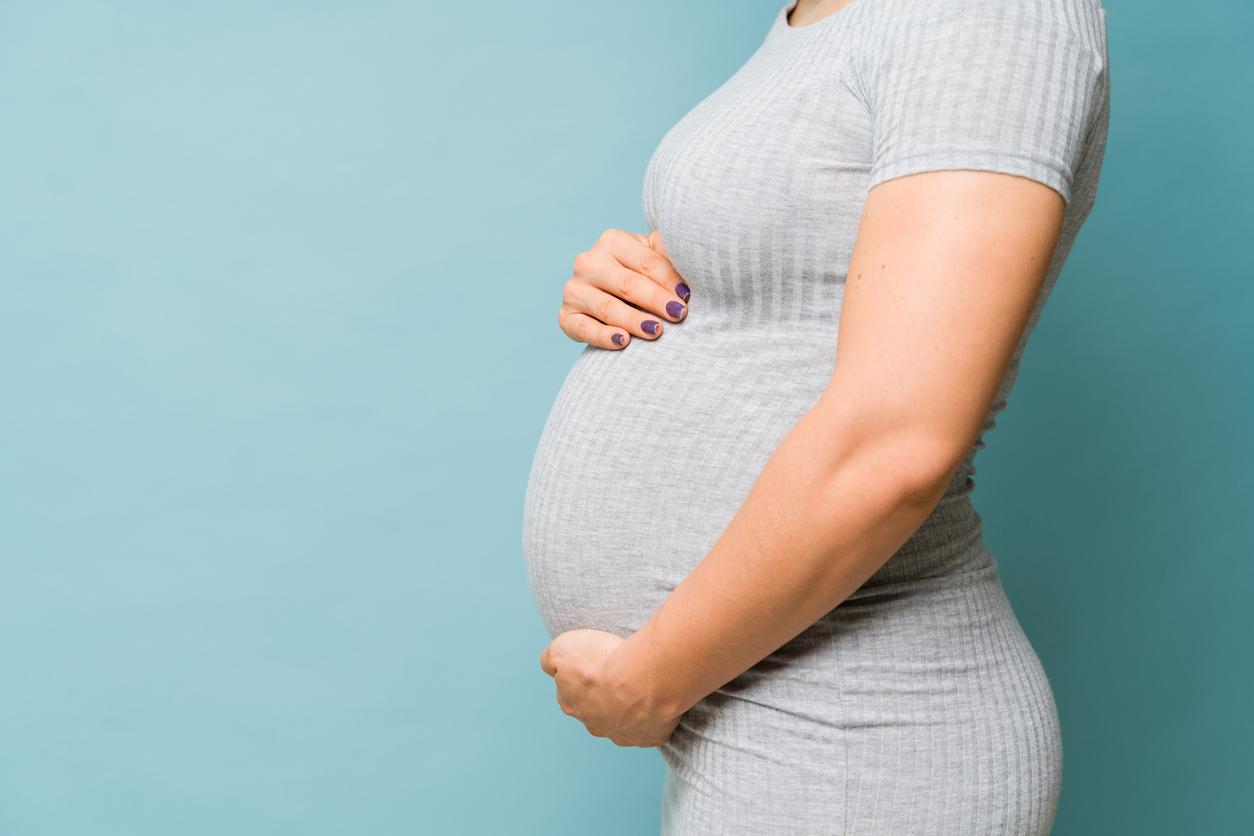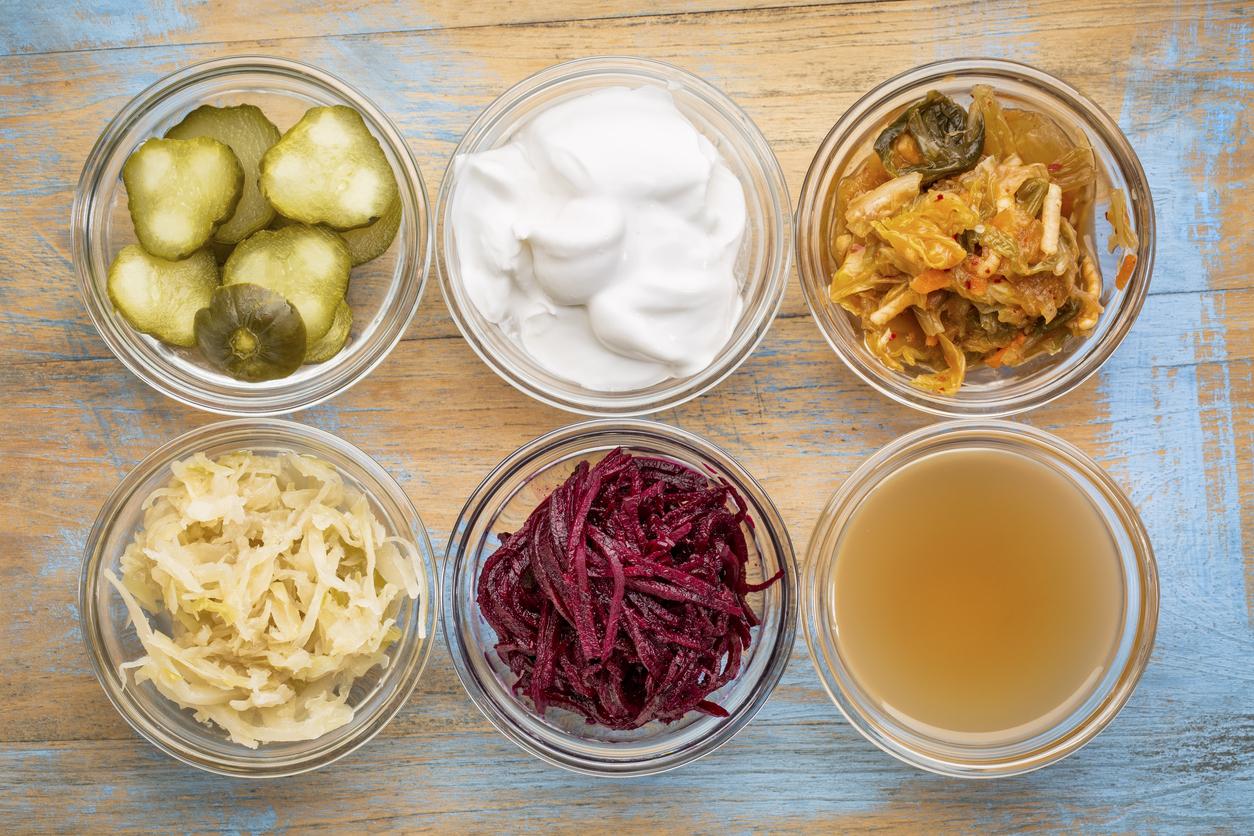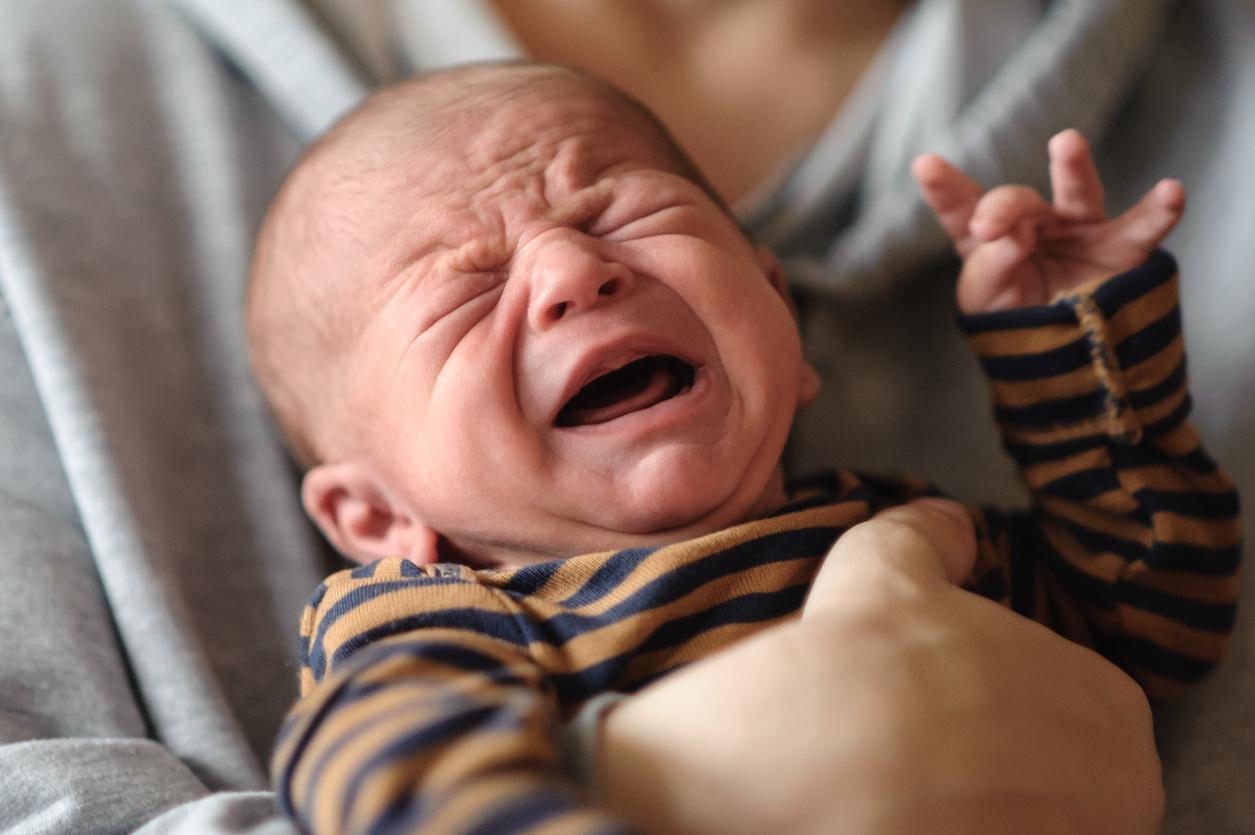One study found that giving the probiotic Lactobacillus reuteri to infants under 3 months of age with colic is no more beneficial than a placebo.

Can probiotics relieve colic in infants? This is an avenue explored by a good number of researchers in recent years to provide a solution to parents who are often confronted with newborn crying because of infantile diarrhea. However, according to a randomized study published Tuesday in the British Medical Journal (BMJ), the reference probiotic administered would be ineffective in relieving these symptoms. Bad news for the 20% of infants who suffer from it.
127 children under 3 months included
This diarrhea is defined by the Wessel criteria as crying or complaining for three hours or more for at least three days a week for three weeks in children under 3 months of age. While this colic usually resolves at 3 to 4 months, it is a documented risk factor for maternal depression, premature breastfeeding discontinuation, and shaken baby syndrome. To reduce these risks, despite a modest level of scientific evidence, the use of probiotics has spread widely across the world.
In this context, Valerie Sung of the Royal Children’s Hospital in Parkville (Australia) and her colleagues felt that there was an urgent need for rigorous evidence on this subject. They thus sought to assess whether the daily administration of L. reuteri (DSM 17938) was beneficial for colic in infants of 3 months, whether they were breastfed or fed with infant milk.
Thus, between August 2011 and August 2012, they included 127 children under 3 months of age suffering from diarrhea and crying or showing discomfort for three hours or more for at least three days out of seven. The children were randomized between the probiotic and a placebo for a month. And the results are final for the research team.
No positive impact on infant symptoms
Overall, at one month, the children in the probiotic group had expressed their dissatisfaction or cried on average 49 minutes more per day, but the results were not statistically significant, specifies the Australian team.
For all other endpoints chosen by the investigators, the two groups were similar and at six months, there was no longer any difference between the two groups. For these scientists, the administration of L. reuteri did not have a “positive” impact on the symptoms of infants, nor on maternal health. In addition, this treatment did not modify the microbial diversity of the children’s flora, nor the level of colonization of Eschericha coli, they add.
For William Bennett, gastropediatrician at Indiana University in Indianapolis who participated in the work, this study is “the most definitive and best designed so far. For this reason, he invites doctors to ask themselves the question of the relevance of the treatment of colic in children.
Inconclusive preventive trials
In view of these new data, the real benefit of probiotics remains difficult to confirm scientifically. Especially since the results of a previous study were also mixed. Published in the journal JAMA Pediatrics in October 2013, half of the trials suggested that probiotics provide relief to infants. Of the 5 “treatment” trials, 3 concluded that the L reuteri treats infant colic in breastfed babies. The average duration of crying was also reduced by one hour. Yet, again, the effectiveness of probiotics was near zero in bottle-fed children. As for the preventive trials, they had not shown any impact on the condition of the newborns.
.

















